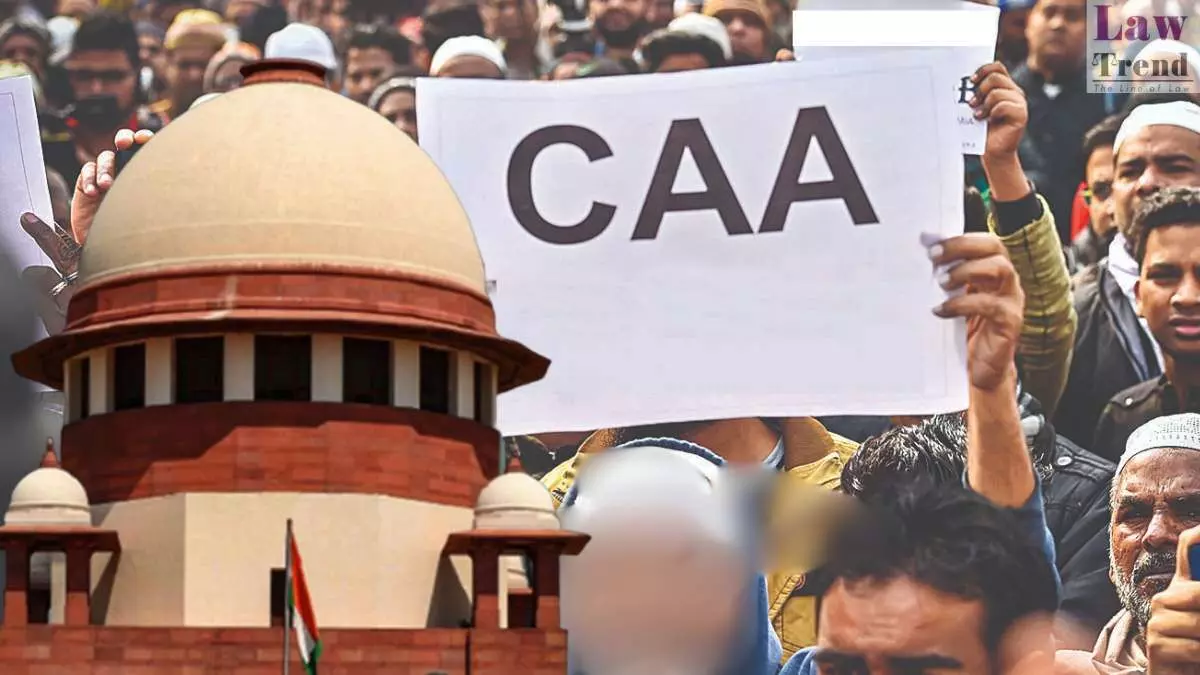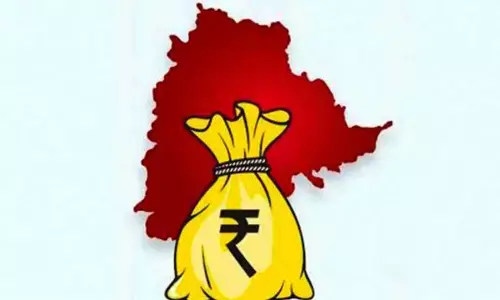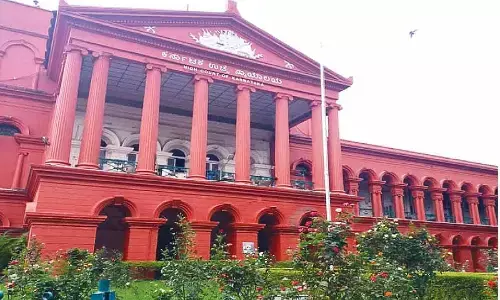Supreme Court Seeks Government Response On CAA Rules Stay Petitions

- 1. The Supreme Court sets April 9 as the next hearing date for petitions seeking a stay on the Citizenship Amendment Act (CAA) rules and requests the Narendra Modi government's response.
- 2. Read about the legal developments surrounding the contentious CAA and its implications for citizenship rights in India.
The Supreme Court has requested the response of the Narendra Modi government to a series of petitions seeking a stay on the Citizenship Amendment Act (CAA) rules, setting April 9 as the next date of hearing. Despite the petitions, there is currently no stay on the grant of citizenship.
Solicitor General Tushar Mehta, representing the government, informed a bench led by Chief Justice D Y Chandrachud that he required time to address the 20 applications seeking a stay on the Rules until the apex court resolves the petitions challenging the constitutional validity of the Citizenship (Amendment) Act, 2019. Mehta emphasized that the CAA does not revoke the citizenship of any individual.
The Centre notified the CAA rules on March 11, four years after its passage by Parliament. The CAA intends to confer Indian citizenship upon persecuted non-Muslim migrants, including Hindus, Sikhs, Jains, Buddhists, Parsis, and Christians, who fled Bangladesh, Pakistan, and Afghanistan and arrived in India before December 31, 2014.
Opposition parties have criticized the CAA, denouncing it as discriminatory, communal, and anti-constitutional. However, the Modi government contends that the CAA does not revoke anyone's citizenship. Union Home Minister Amit Shah reiterated this stance, emphasizing that the CAA seeks to grant Indian citizenship to persecuted non-Muslim migrants, thereby alleviating their suffering. Shah reiterated this point in numerous public appearances, affirming the government's commitment to protecting the rights of all citizens.
The CAA has sparked debates and controversies across the political spectrum, with supporters highlighting its humanitarian aspects while critics express concerns over its potential implications for religious minorities. As the Supreme Court continues to review the matter, the fate of the CAA rules remains uncertain, pending further judicial deliberation.

















